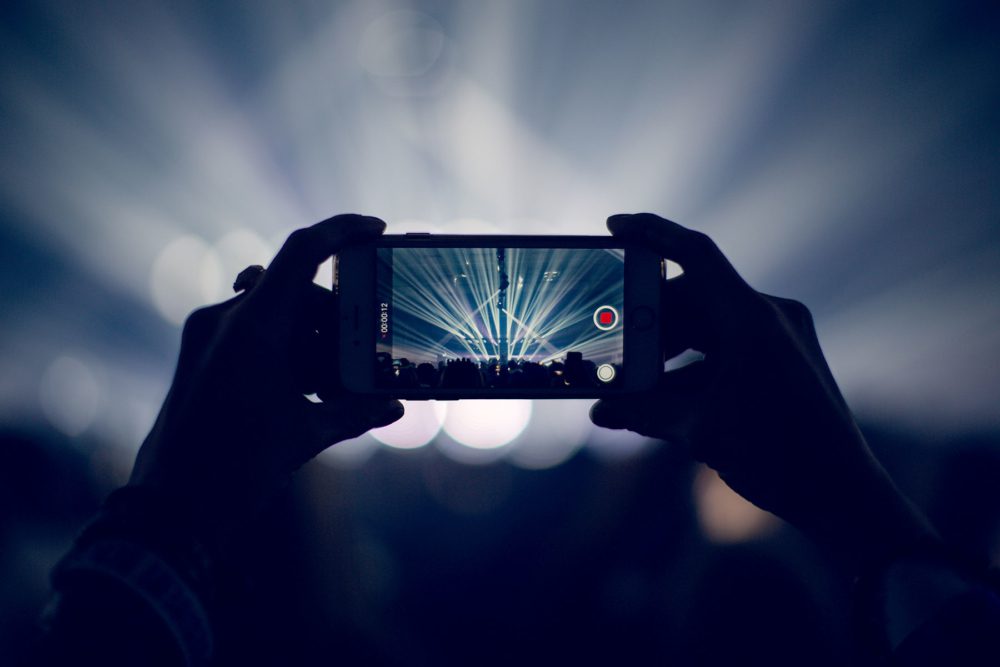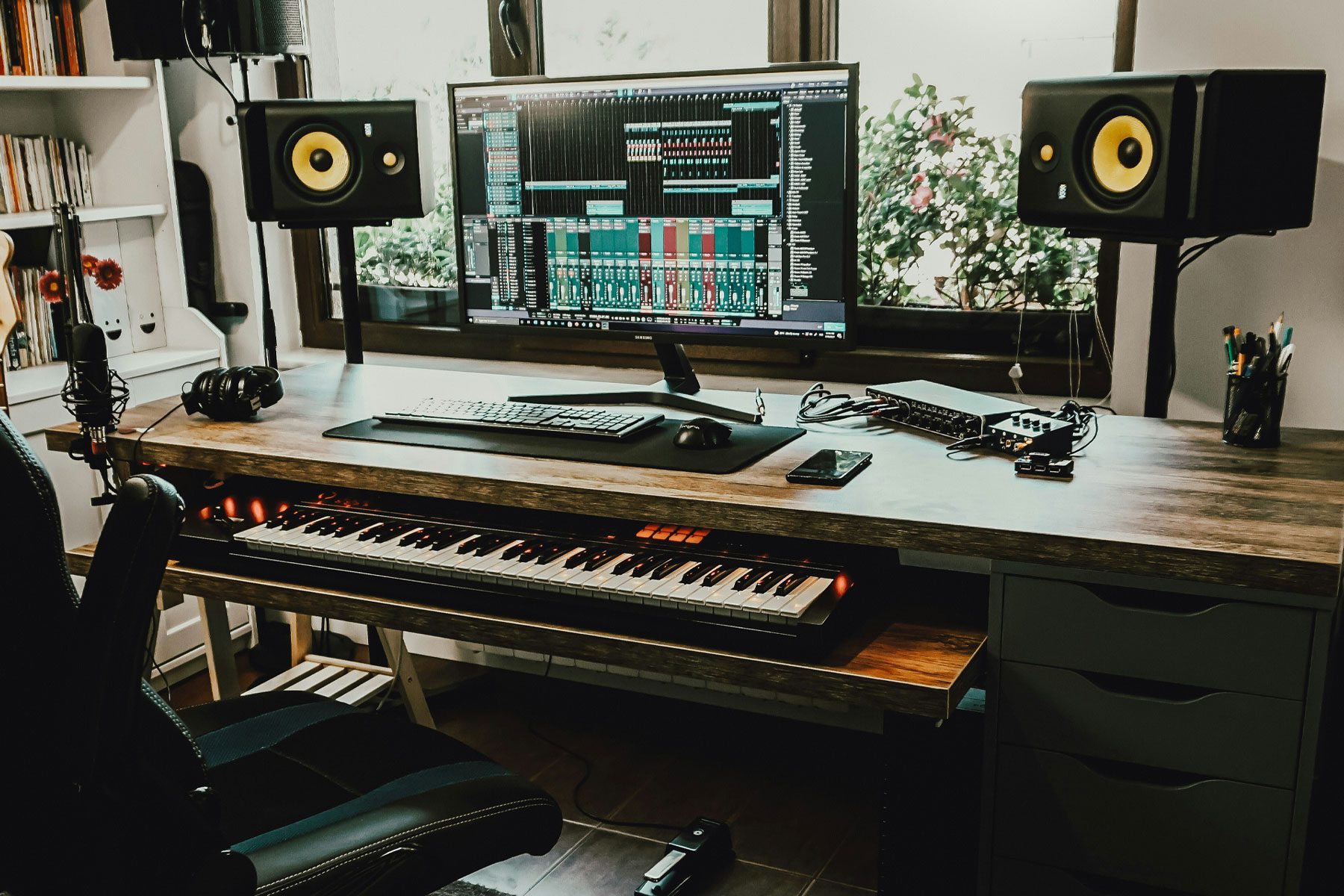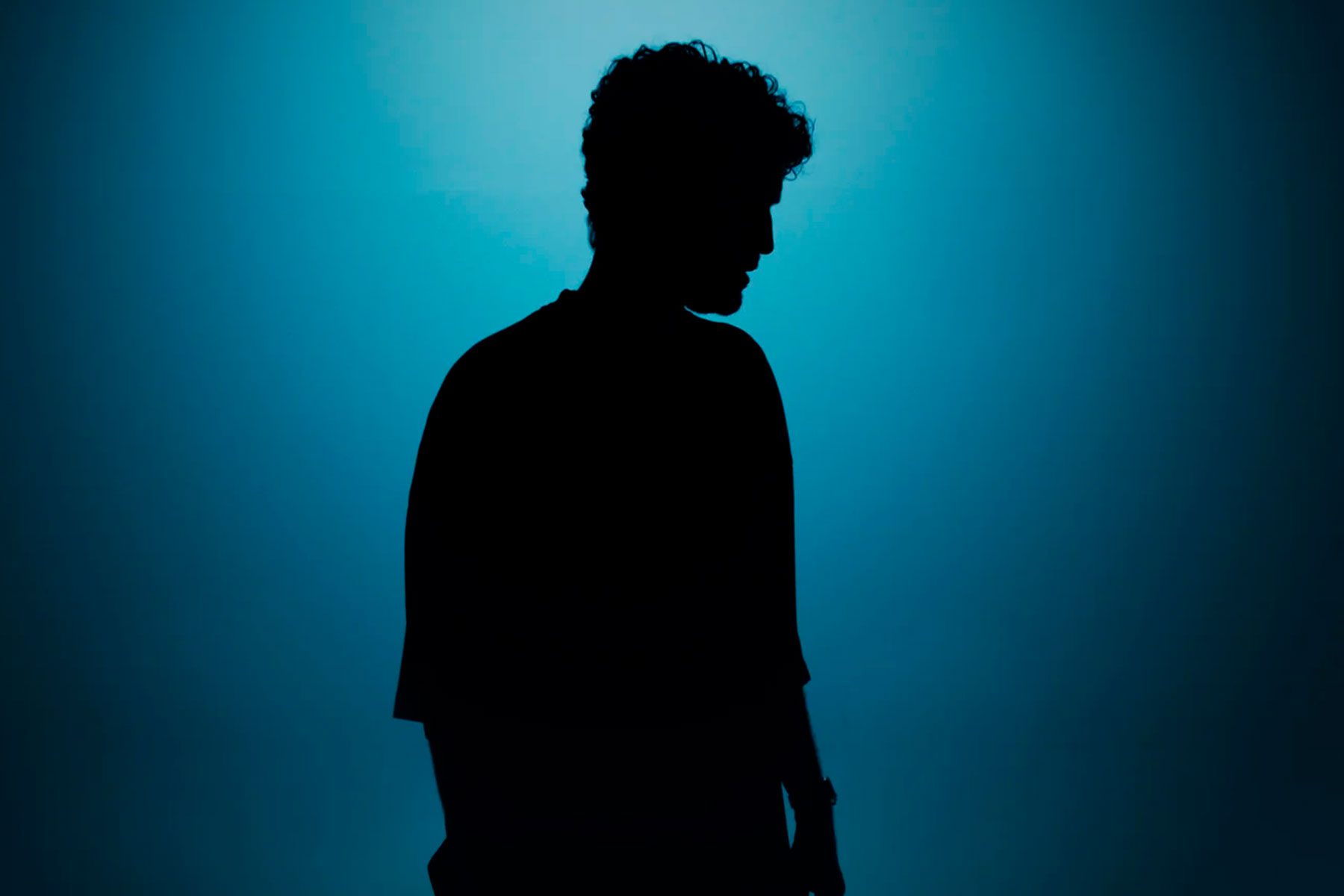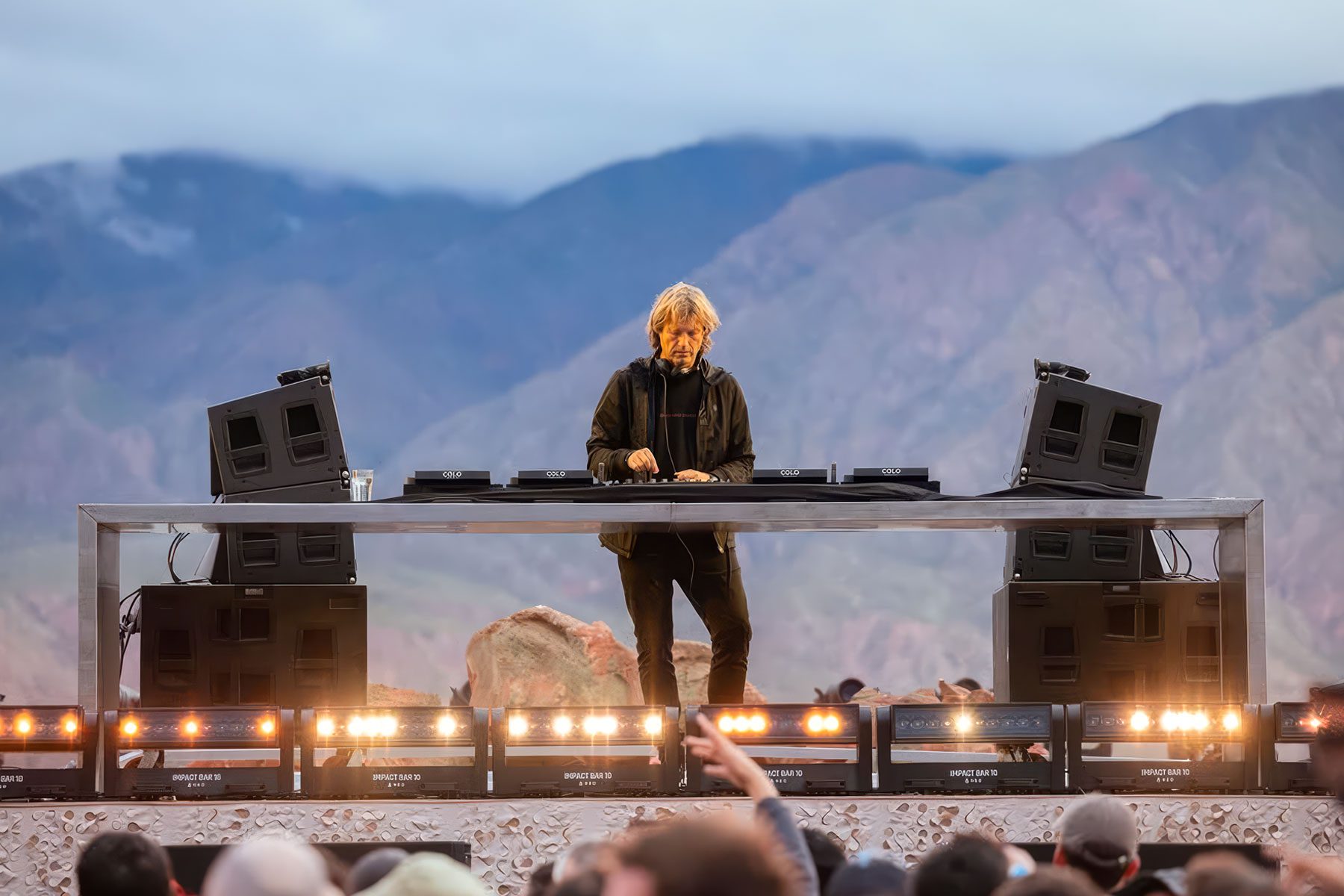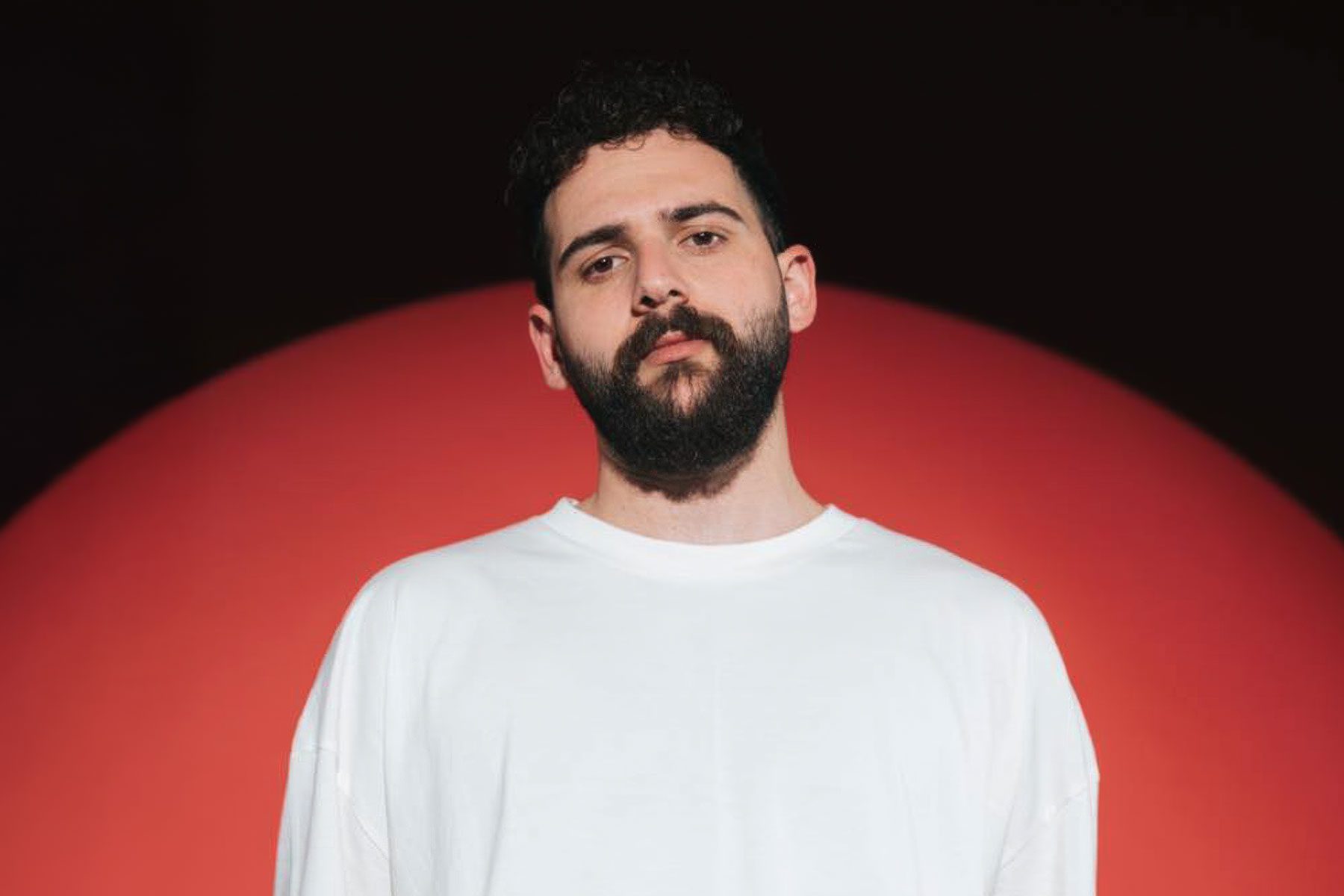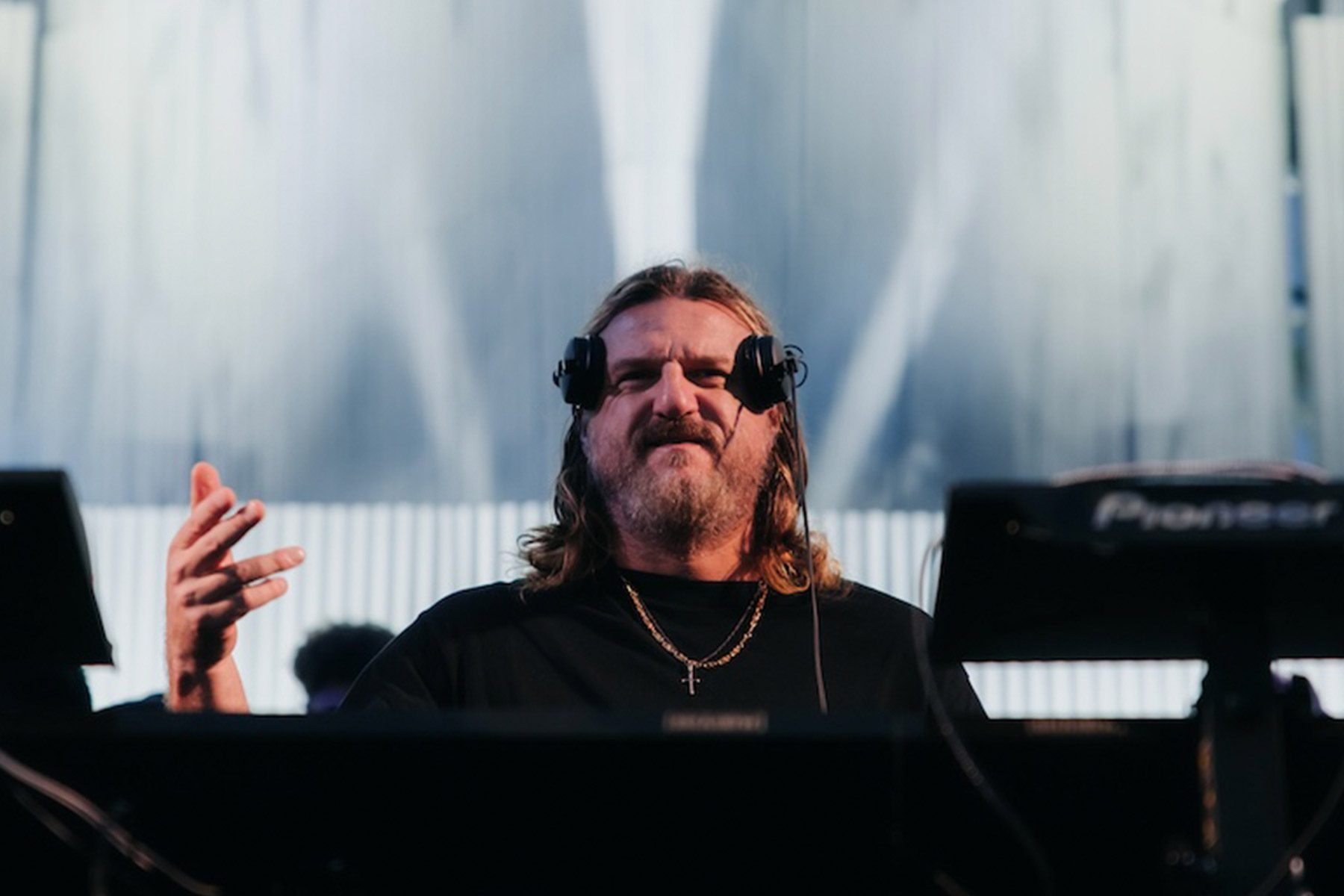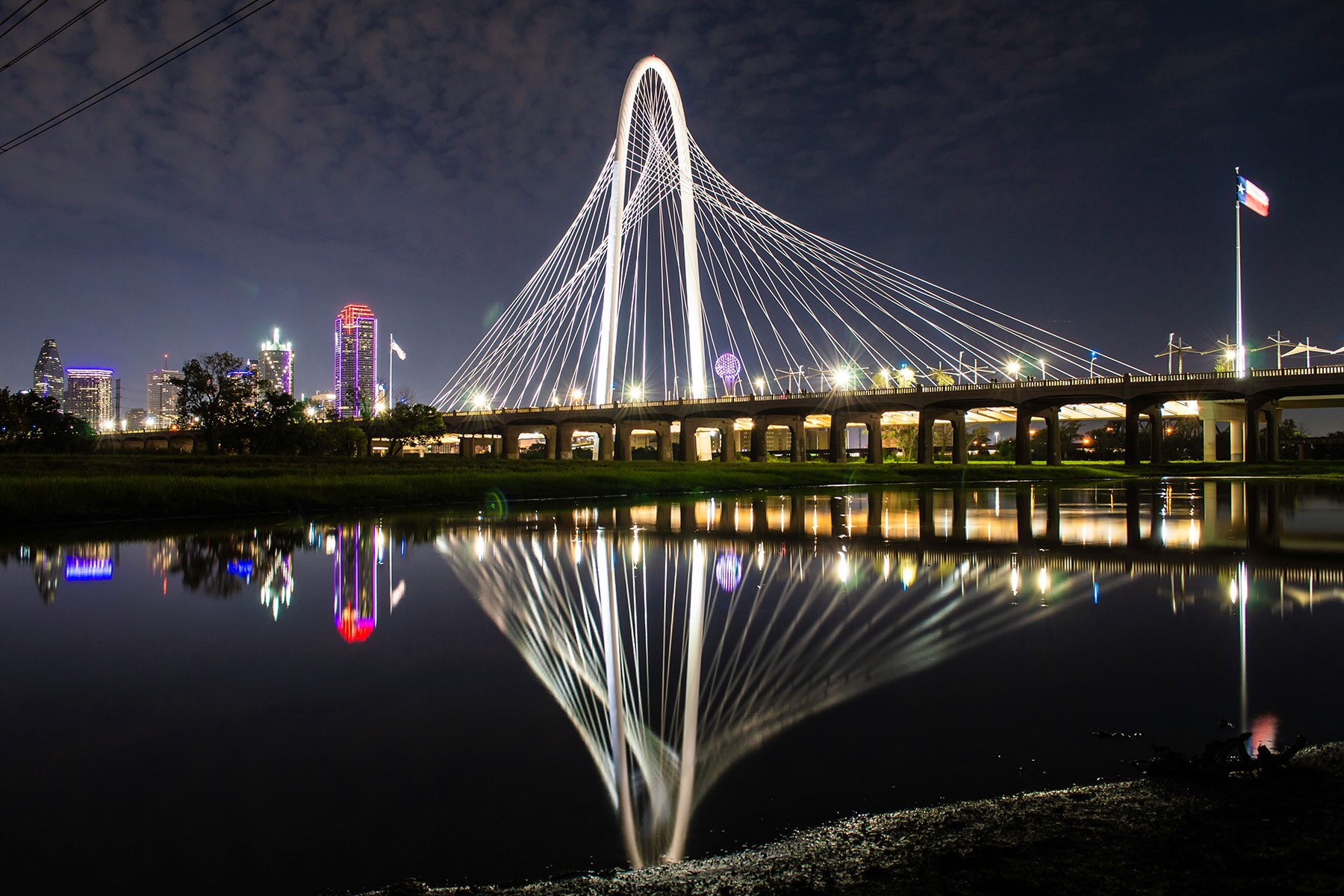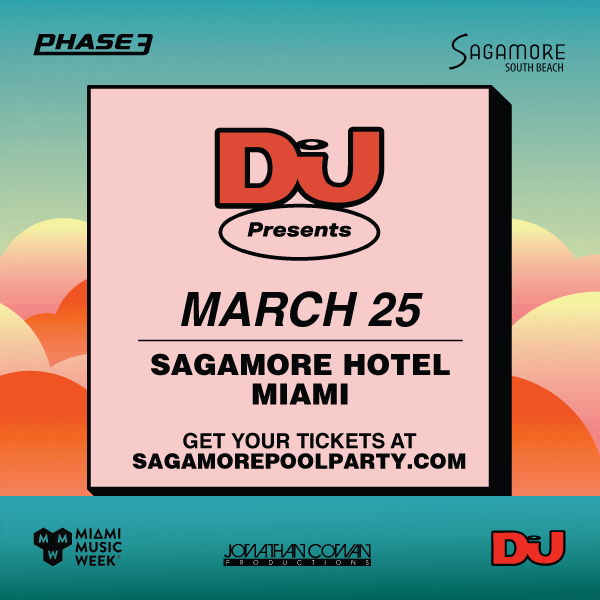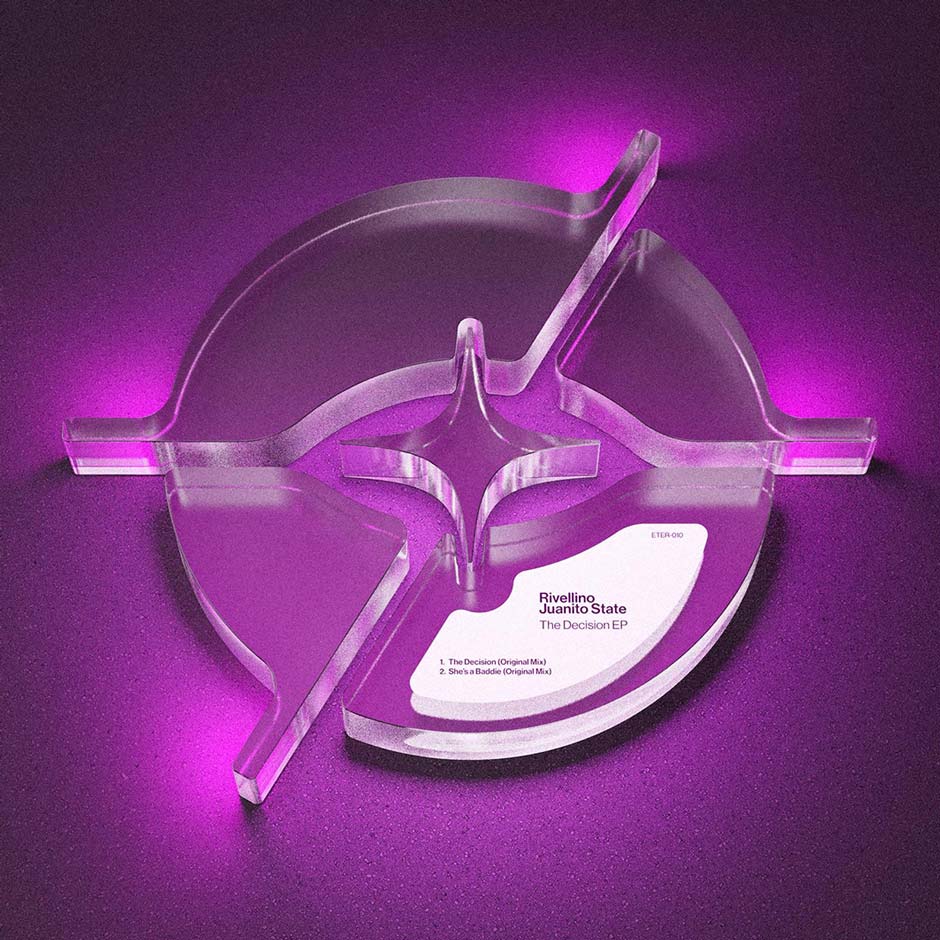I was 18 when I went to my first rave and dropped my first pill. It was 1999 and on a long weekend trip to Quebec, the party was called ‘’Is It Love or Lust?’’, my life changed forever. From then on every weekend I explored the nightclubs of Toronto. I started off as an eager 18-year-old with a fake ID.
Now, here I am, over 20 years later, and it’s still rare for me to miss a weekend in a club, but things have changed. I have witnessed the full evolution of our nightlife scene around the world, so I want to share my perspective on it.
Back in my early clubbing years, you were lucky to get one strobe light and some lasers. All we wanted was enough light to occasionally see each other and a good sound system. Now it’s a whole new ball game. We went from analog vinyl sets to CDJs, and now live artists can use a plethora of tech equipment to take you on a musical journey. Some aspects of this technological advancement are nothing but impressive.
However, I increasingly see the difference between club nights and audio-visual experiences. At a nightclub, the main aim of the DJ is to make the crowd dance, so all we need is a good sound system and a dance floor.
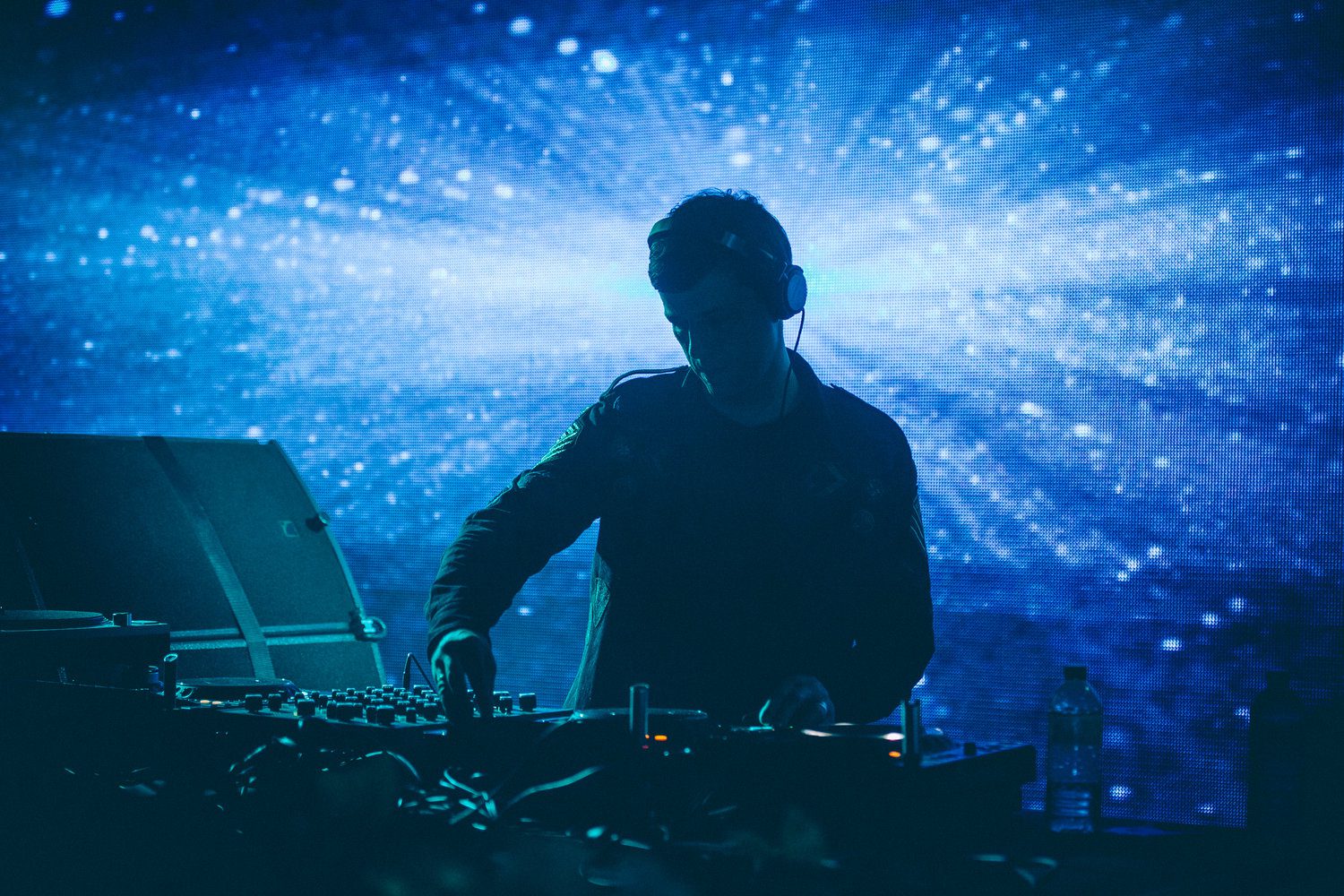
Photo by Tim Sandik – DED Agency
An AV show is a whole different experience. They are stunning to watch, with the likes of Eric Prydz leading the way with his HOLO show and others following suit like Tale Of Us‘ Afterlife or Dixon’s Transmoderna event, but they are far from what a club night is, so let’s not confuse the two. These shows might stun us, but more and more, all we see is a sea of phones in the crowd lighting up what used to be a dance floor. We get packed in like sardines as promoters need to cover costs for these extremely expensive shows, so there is rarely room to dance. I ended up sneakily sitting on top of the bar at the back of the Ziggo Dome, on the last Amsterdam Dance Event, so I could see above the crowd and do a seated dance while watching Eric Prydz. Incredible show but wish I didn’t have to look at so many phones!
As technology has aimed to connect us in many ways, I also see how it has disconnected us. We spend more time looking at our phones than actually connecting with people who are right in front of us. We are all guilty of this and we need to make more of an effort to get back to what is really important. During the Covid pandemic, we saw the rise of virtual events across many industries, and although they were a band-aid for the situation, it has become very clear that nothing can replace face-to-face events. Burning Man even tried to go virtual, but there’s no way you can replace the real experience of being there and connecting in person.
As humans, we need to connect with each other, to show our vulnerabilities, to feel those goosebumps when the music is that good, and how can you do that if you are stuck behind a phone? Studies have shown that recording doesn’t help you to remember events better, it can actually be the opposite. For example, remember how well we used to learn the roads before Google Maps? Now we rely on technology so much that our brains don’t work to remember like they used to. I did this experiment on myself. As someone who typically does like to record, when I went to Burning Man in 2017 I decided to go offline and rarely took out my phone. I had moments of wishing I could record, like when I saw Tycho playing on a spaceship in the middle of the deep playa. Without my phone to record, my brain did the recording and now that memory sticks out to me more than any other of that week.
There are already many clubs in Berlin that have banned phones as they kill the vibe on the dance floor, and recently in Amsterdam, the Shelter nightclub followed suit. This is a decision I respect and inspired me to write this piece. Remember DJs want to see you dance, not to stare at the back of your phone. The music is there to connect us, so let the DJs do their job and put them to the real test of making us dance again, no phones needed!
People will demand their right to record, but I think we should leave this up to a select few who are doing this for professional reasons. Clubs could ask for accreditation and then only allow those from the press to record. This way, the dancefloor doesn’t get cluttered with phones, and the DJs still get to have their special moments recorded. Whether or not a policy like this will ever come to be is yet to be seen, but try to remember to live in the moment and dance!


